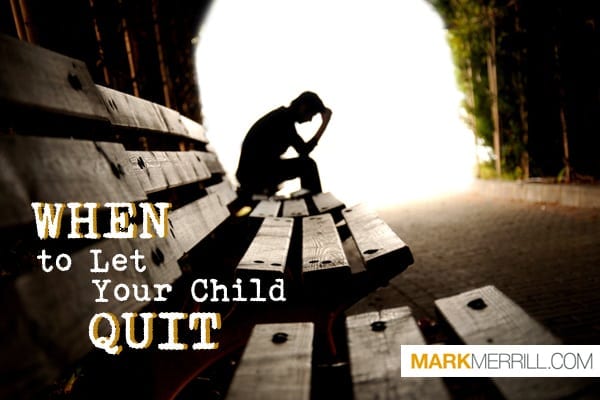In the darkness surrounding Mount Everest, Beck Weathers was left for dead. Attempting to summit the world’s highest mountain, he was struck with snow blindness. The sun’s UV rays in the thinned air had burnt his cornea. It was May 10, 1996. He was part of an expedition working its way down the mountain when a fast moving and ferocious storm swept up from the valley. It produced hurricane force winds and the temperature dropped to a hundred below zero. The climbers were trapped in a perilous situation. Out of bottled oxygen, exhausted, and freezing, Weathers’ condition was deteriorating quickly. Making it worse, he had gotten separated from everyone. He sat there waiting, but no one was coming for him. He didn’t feel any more pain. The easy thing for him to do would be to drift off to sleep and die.
Suddenly he had a vision. He could see his family in front of him. Coming to his senses, he mustered all of the energy he could and started walking. He decided that he was either going to reach the camp or fall off the side of the mountain. Driven by the love for his family, he staggered, stumbled, and fell…but eventually got there. Life is filled with adversity. These 7 characteristics are commonly found in people that have overcome tremendous adversity. How many do you have and how many are you going to pass on to your children?
1. A Powerful Inner Drive
I don’t know if this can actually be instilled but rather found. This comes from passion. Everyone has something that lights their fire. What lights yours? When it comes to your kids, help them find what gets them excited and encourage those desires.
2. Faith and Hope
Are you optimistic or pessimistic? People who overcome adversity consistently have an attitude of hope. Model a spirit of optimism and confidence in the future. Your kids are going to do what you do. Teach them the beauty of things not coming easily and the opportunity that comes in challenging times. Praise them when they overcome difficulty no matter how small.
3. Ability to Visualize the Goal
Think about what you want life to look like and maintain your focus. This is a skill that needs practice and development. Teach your kids this skill and how to keep their eyes on the prize. They need to learn how to picture the end goal. This takes a level of focus, imagination, and creativity. Help raise up those skills in your child.
4. Resilience and Tolerance of Pain
Endurance through pain is built by experience. Remember that the next time you go through a tough season. You are building your strength and ability to make it through challenging times. In the same way, don’t shield your kids from life’s difficulties because it is resiliency training. Instead, help them respond well when difficulties come.
5. Lack of Self-pity
It’s understandable to be down when hard times hit. However, having self-pity makes it difficult to accept the situation and move forward. If you start feeling sorry for yourself, stop. When it comes to your kids, balance the amount of attention you give when they experience pain. Choose times where you back off and let them work through the situation. Pay close attention to when they are overly dramatic and give them proper perspective like Rocky does in the video below.
6. Self-discipline
Make it a point to set goals and map out the activities to get there. Then stay consistent in those activities. Remember that you are modeling this to your kids. Teach them how to delay their gratification. Gauge their present ability with the marshmallow test. Make them earn money by doing chores. Give your kids daily responsibilities to manage.
7. Commitment
Always follow through with what you say you’re going to do. If your kids ask you to play and you respond, “I’ll do it in 5 minutes.” Then set a timer for 5 minutes and when it dings go play with your kids. Staying faithful in the small details will help you keep your big commitments. Teach your kids to keep their promises and hold them accountable when they don’t. Help them weigh the consequences when they are contemplating quitting.











Huddle up with your kids and ask, “What is a time where you overcame something difficult?”